Mr. Tap is outlining a grand ambition to spend 1.4 trillion USD to enhance the role of the state to rebuild the real estate market and overcome the housing crisis.
China’s huge property market is reeling, with prices falling, developers collapsing and people wondering whether it is still a viable investment. The crisis is dragging down China’s growth and making investors around the world nervous.
In response, Chinese President Xi Jinping is pushing a new strategy that will increase the state’s role in housing policy in a market dominated by the private sector. Policy advisers involved in recent government discussions say the strategy is based on two major programs.
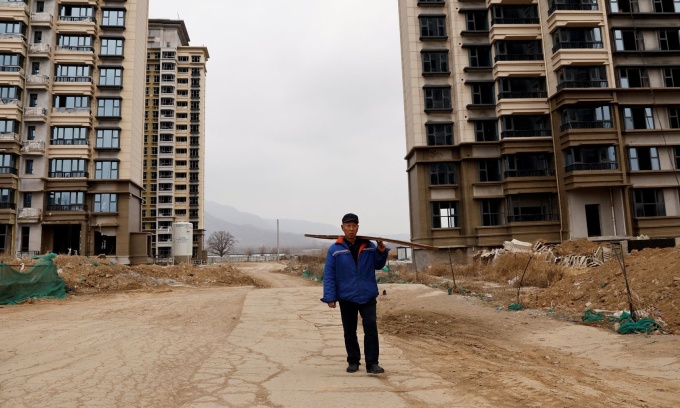
A man walks past unfinished apartment buildings developed by China Evergrande on the outskirts of Shijiazhuang, Hebei province, China, February 2024. Photo: Reuters
One is for the government to buy troubled private real estate projects and convert them into rental or resale properties. The other calls for the government to build more social housing for low- and middle-income families.
The goal is to increase the proportion of state-built housing for rent or sale at low prices, under strict conditions, to at least 30% of China's housing supply, from the current 5%.
The costs of these plans will be huge, possibly as much as $280 billion a year over the next five years, for a total of about $1.4 trillion. They fit into President Xi Jinping’s broader efforts to expand state control over the economy and rein in the private sector, observers say.
In the late 1990s, as China began to liberalize its markets, its leaders initially envisioned a two-tier system, in which some people would buy privately developed real estate while others would live in state-subsidized social housing.
But over the decades, private developers like China Evergrande have expanded rapidly and increasingly dominate the Chinese market. Today, more than 90% of Chinese households own their homes, compared with about 66% in the United States.
The shift to private home ownership has created huge wealth in China. But the boom in the real estate market has also created a debt bubble, pushing up prices and depriving many young families of their dream home.
As the market spiraled into turmoil last year following a years-long government campaign to curb excess property investment, economists inside and outside China called on Beijing to take more decisive steps to restructure the sector.
There are millions of empty apartments across China and many unfinished buildings need financial support to complete.
At a conference in December, Mr. Xi made clear that the priority for 2024 was to accelerate the development of a “new model” for the real estate sector, which focuses heavily on state-provided affordable housing, according to a person familiar with the matter.
Policy advisers say President Xi believes real estate, which has driven China's growth for years and at one point accounted for about a quarter of gross domestic product (GDP), will no longer play such a large role in the economy.
In his view, too much credit has been used for real estate speculation, adding to the risks in the financial system, widening the gap between rich and poor and diverting resources from “real economy” sectors, such as manufacturing and high technology, which Chinese leaders see as strategically important in their competition with the United States.
In some ways, Mr. Xi’s plan would return China’s housing market to its roots. Decades ago, under Mao Zedong, the Chinese state controlled the real estate market, with most people living in homes provided by their work units.
In internal policy discussions, Chinese Vice Premier He Lifeng, one of Mr. Xi’s most trusted aides, has argued that greater state involvement would help the government absorb excess housing supply, put a floor on home prices and help protect banks from losing hundreds of billions of dollars in book value if the market continues to deteriorate.
Another attraction, advisers say, is that converting more private property into state-subsidized housing for rent or sale could help advance Mr. Xi’s goal of “shared prosperity.”
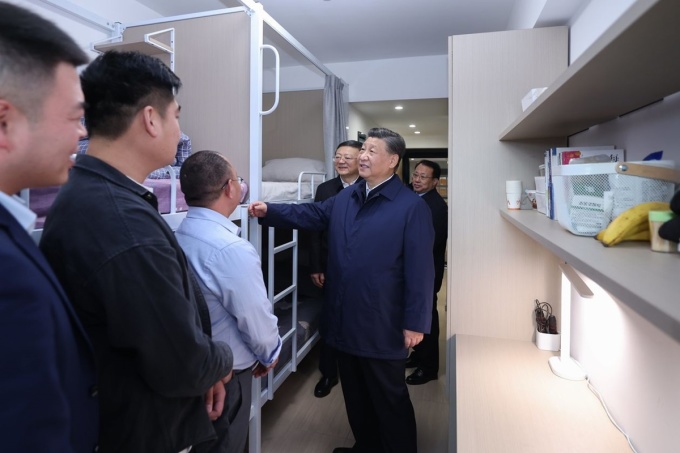
Chinese President Xi Jinping inspects a government-subsidized rental housing complex in Shanghai in November 2023. Photo: Xinhua
The new strategy has gained more attention following a government directive called Document 14, issued last October. It calls for adding about 6 million affordable housing units in 35 cities with more than 3 million people over the next five years.
The document does not go into many details about how the plan will be implemented, but it does stress that the government will place restrictions on who can buy state-owned properties and prohibit them from being traded on the open market.
The People's Bank of China (PBOC) has set aside about $70 billion to be distributed to three major policy banks, the China Development Bank, the Export-Import Bank of China and the Agricultural Development Bank of China, to help implement the strategy.
The China Development Bank disclosed in December 2023 that it had provided a nearly $28.4 million credit line to the city of Fuzhou to build an affordable housing project. Once completed, expected in 2026, the project will have about 701 homes sold at discounted prices to low-income families.
The bank also extended a loan of more than $1.4 million to the Hunan government to develop social housing in an inner-city district.
In early January, the PBOC and the National Financial Supervisory Authority issued new guidelines pledging financial support for government-subsidized rental properties. The guidelines said the state funding would help “revitalize existing housing supply.”
Vice Premier He Lifeng presented some of the government's plans to US business representatives when he visited San Francisco last November with President Xi.
During a meeting on the sidelines of Xi’s summit with US President Joe Biden, China’s vice premier focused largely on the government-subsidized housing plan, explaining to US executives that it would help people in big cities afford to buy homes, according to sources familiar with the matter.
The discussion suggests Chinese leaders are concerned about how foreign investors view the government’s response to the housing crisis, which has seen them sell off Chinese stocks and bonds in recent months.
However, Mr. Ha did not mention the steps that many foreign bankers and investors have urged the Chinese government to take, such as restructuring troubled private real estate developers or completing millions of homes that Chinese people have paid for but have not been delivered because the developers are in financial trouble.
The International Monetary Fund (IMF) said Beijing’s most urgent task was to come up with a comprehensive plan to help struggling developers restructure their debt while forcing banks and other stakeholders to absorb losses. While painful, such a move would help restore public confidence in the market.
But policy advisers involved in the discussions say Beijing remains reluctant to provide direct liquidity support to developers out of concern about re-inflating the housing bubble that Mr. Xi is trying to deflate.
The Chinese government’s purchase of real estate and conversion into rental apartments raises complex issues, including whether the government should pay market value. It is also unclear what happens if the owner does not want to sell.
Economists note that building new social housing would be easier and would help boost the construction industry. But that would mean adding housing supply at a time when China’s population is shrinking. The IMF forecasts that China’s underlying demand for new housing will fall by nearly 50% over the next decade.
Michael Pettis, a finance professor at Peking University, said that if the government significantly increased the supply of affordable housing, it would be transferred to poor households, "something China desperately needs."
It will help people spend more on other things, he said, but it is too early to say how the plan will play out.
Zhiwu Chen, a finance professor at the University of Hong Kong, is more skeptical, comparing China’s new housing strategy to how Beijing used state funds to buy stocks to try to prop up a slumping stock market.
Such efforts often fail to sustainably strengthen the market, Chen noted. Spending money on distressed real estate projects will not be effective given the country’s demographic challenges and oversupply.
That strategy could also raise uncomfortable questions about social equity, he added. Buying real estate from developers when the market is weak means using national resources to subsidize some people while not others.
“It becomes a problem of wealth distribution,” Chen said. “Not everyone in China owns multiple apartments and is not willing to sell.”
In recent years, several Chinese cities, such as Zhengzhou in central China and Suzhou, near Shanghai, have launched their own programs to buy thousands of unsold properties from developers and then convert them into affordable housing for low-income families.
Such programs help absorb excess housing, but also put more strain on local finances, economists say.
Another notable effort toward social housing was the “slum clearance” initiative launched nearly a decade ago, when China’s property market was also struggling.
Under the program, the central bank provided preferential financing to state-owned banks, which then lent money to developers to buy land from cities and towns and build more housing. In turn, local governments subsidized money for families displaced from slums, allowing them to buy new apartments on the open market.
The initiative helped revive demand for real estate, but fueled a construction boom that exacerbated China's housing surplus.
Economists stress that the current housing crisis is much more serious, leaving the Chinese government facing a huge challenge in its efforts to solve the problem of housing prices and oversupply.
Vu Hoang (According to WSJ, Reuters, AFP )
Source link



![[Photo] President Luong Cuong awarded the title "Heroic City" to Hai Phong city](https://vphoto.vietnam.vn/thumb/1200x675/vietnam/resource/IMAGE/2025/5/13/d1921aa358994c0f97435a490b3d5065)
![[Photo] Many people in Hanoi welcome Buddha's relics to Quan Su Pagoda](https://vphoto.vietnam.vn/thumb/1200x675/vietnam/resource/IMAGE/2025/5/13/3e93a7303e1d4d98b6a65e64be57e870)

![[Photo] President Luong Cuong attends the inauguration of the international container port in Hai Phong](https://vphoto.vietnam.vn/thumb/1200x675/vietnam/resource/IMAGE/2025/5/13/9544c01a03e241fdadb6f9708e1c0b65)
![[Photo] Prime Minister Pham Minh Chinh receives Ambassador of the French Republic to Vietnam Olivier Brochet](https://vphoto.vietnam.vn/thumb/1200x675/vietnam/resource/IMAGE/2025/5/13/f5441496fa4a456abf47c8c747d2fe92)
![[Photo] Explore the Great Wall of Water in the Suburbs of Beijing, China](https://vphoto.vietnam.vn/thumb/402x226/vietnam/resource/IMAGE/2025/5/5/c2e706533d824a329167c84669e581a0)








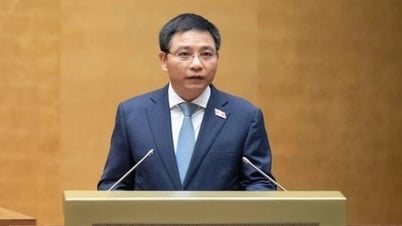

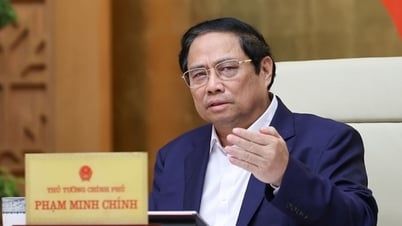

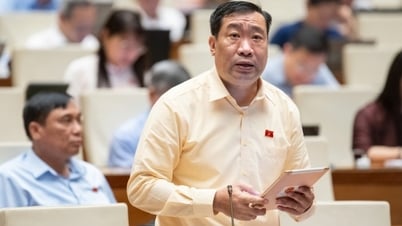
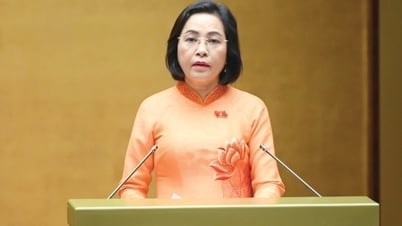






























































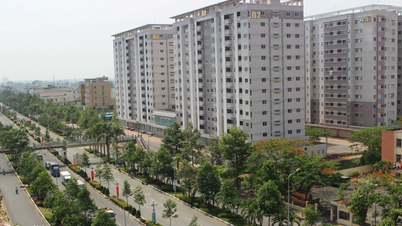


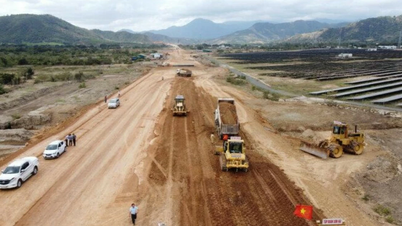










Comment (0)